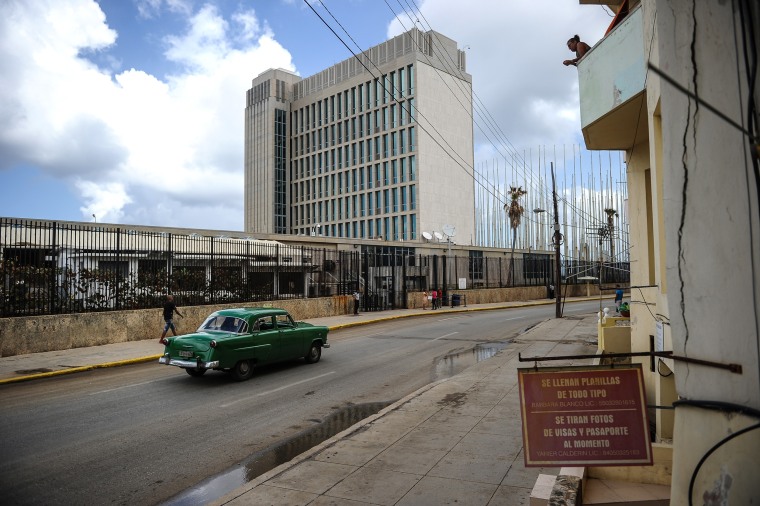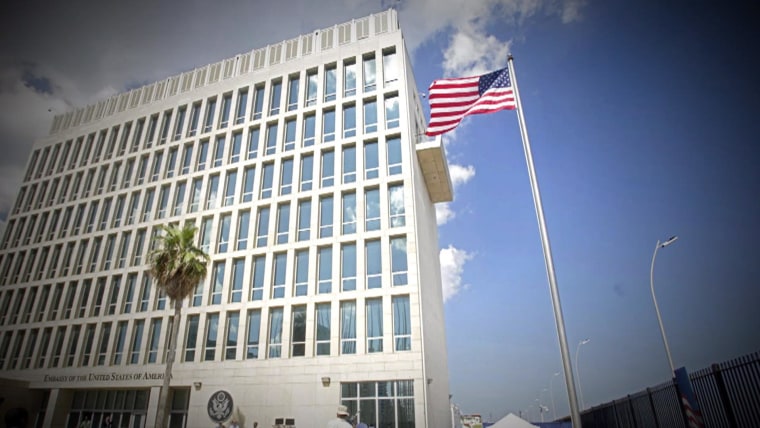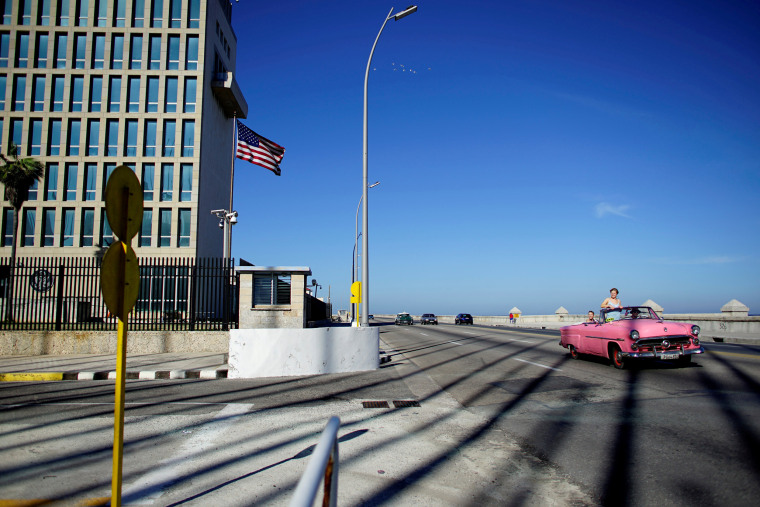Black Lives Matter movement at a crossroads as Biden prepares to take office
Activist John Sloan III saw the swell of White faces in Black Lives Matter protests after the killing of George Floyd in June and girded for the worst.

© Ethan Miller/Getty Images
Alicia Garza, co-founder of Black Lives Matter, speaks during the 2018 Women’s March in Las Vegas.
He acknowledged it was a sign of progress, proof that the Democratic establishment was coming around to his cause. But the 37-year-old lead organizer for the Black Lives Matter chapter in Detroit was worried the increased support would turn a cause anchored in grass-roots uprising into a commercialized, mainstream political movement. He voted for Joe Biden anyway.
“Joe Biden was not my first choice. Not my second choice. He was not my third choice,” Sloan said. “But I’m also a pragmatic individual, and I think Biden is going to be better than the Trump administration for me.”
Sloan’s hesitant support for Biden reflects a divide among racial justice activists about the movement’s strategy under the soon-to-be presidency. Some factions of the Black Lives Matter movement — which spread globally with decentralized leadership and multifaceted goals — worry that Biden embodies the cautious brand of moderate, Washington-centric politics they loathe. The president-elect’s support for the 1994 crime bill, which disproportionately affected Black Americans with mandatory minimum sentences and other tough-on-crime policies, has further fueled their skepticism.
But Biden also campaigned as a supporter of the movement, asserting in a fall campaign ad that “Black lives matter. Period.”
“I am not afraid to say it,” Biden declared.
Some longtime leaders of the movement say that support offers a rare opportunity to achieve lasting policy changes, despite Biden’s reputation for being a cautious politician.
“People went to the polls and said, ‘Let’s solve some problems,’ ” said Alicia Garza, a founder of Black Lives Matter. “Donald Trump was a barrier to that, and we are getting rid of that barrier. And now I think the expectation is that this administration will deliver.”
After networks declared Biden the projected winner of the presidential contest on Nov. 7, the Black Lives Matter Global Network, a national umbrella group for the movement, issued an open letter demanding a meeting with Biden and Vice President-elect Kamala D. Harris.
“We want to be heard and our agenda to be prioritized,” wrote Patrisse Cullors, a founder of the movement, in the letter. “We issue these expectations not just because Black people are the most consistent and reliable voters for Democrats, but also because Black people are truly living in crisis in a nation that was built on our subjugation.”
Launched after the death of Trayvon Martin in Florida in 2012, the Black Lives Matter movement has struggled since Trump’s election to build a national agenda. The movement’s demands for more police accountability were initially overshadowed in 2016 by the outpouring of support for other left-wing causes such as women’s rights, immigration and gun control. Many of the movement’s early leaders launched nonprofit or advocacy organizations at that time or settled into new jobs in academia, with more focus on securing mainstream political power.
Some formulated the Breathe Act this summer, a federal policy proposal that many Black Lives Matter activists hope will become a road map for congressional action. The proposal calls for divesting federal resources from policing and incarceration, greatly expanding funding for low-income schools, creating a universal basic income for poor Americans, overhauling drug laws and ending mandatory minimum sentences, among other things.
Though many of the proposals are unlikely to be supported by Republicans, Garza said activists believe Biden can signal his support for the movement’s goals through budget and spending decisions, including steering more funding to predominantly minority communities as part of any new coronavirus stimulus package.
“There is an opportunity right now to bring people together by really doubling down on what our alleged values are,” said Garza, who now runs the Black Futures Lab, which seeks to bolster African Americans’ political power. “And how you do that is through resource allocation.”
Justin Hansford, who was an activist in Ferguson, Mo., after the police killing of Michael Brown in 2014, said the election presents an opportunity for Biden and activists to work together. But Hansford, now the executive director of the Thurgood Marshall Civil Rights Center at Howard University, said the “biggest mistake” Biden could make would be to assume that he can appease today’s generation of activists by repackaging the reform proposals that circulated during the final months of President Barack Obama’s second term.
While activists were then calling for the “demilitarization of the police,’’ Hansford said, today’s generation will settle for nothing less than “reimagining the police.”
The broad Black Lives Matter banner now encompasses those calling to “defund the police” by shifting some law enforcement funding to social services and crime prevention strategies. Biden and other mainline Democratic leaders have distanced themselves from that slogan, though they have backed other changes that activists successfully pushed in states and cities, including bans on police chokeholds, mandated body cameras and the creation of police accountability and review boards.
Although Hansford expects that Biden will continue to be skeptical of far-reaching proposals such as cutting police funding, he said he believes the new administration is open to steering more money to diversion and anti-poverty programs. Hansford also noted that Biden has pledged to rein in qualified immunity, which has been used to shield police from civil lawsuits.
“I don’t think it will come down to Biden coming up with these answers,” Hansford said. “It’s going to take his courage to bring the right people to the discussion table . . . because you cannot expect people who have been moderate or establishment their entire careers to suddenly start implementing the Black Lives Matter movement ideas overnight.”
Biden may struggle to get some of the movement’s most vocal local leaders to sit at a table with him, if they are asked.
After leading street demonstrations this summer, the leaders of some of the most active chapters of Black Lives Matter say they are wary of hasty efforts to form ties with the incoming administration. They helped globalize a diffuse, grass-roots movement in the aftermath of Floyd’s death in May, while focusing demands on local law enforcement in Minneapolis, Portland, Ore., and other communities nationwide.
Chanelle Helm, a leader of the Black Lives Matter chapter in Louisville, where members have spent months protesting the police shooting of Breonna Taylor, said local chapter organizers fear that Biden will rush to form relationships with national leaders, while glossing over local activists’ chief priority — upending how policing is practiced in their communities.
“If I wanted to sit around and listen to a bumbling White man talk about Black people, I live in Kentucky, and I can do that on any corner out here in any rural bar stool,” Helm said. “I just don’t know what we would even get by meeting with him.”
Even so, Helm said organizers for more than 30 Black Lives Matter chapters — including Nashville, Memphis, Indianapolis, Chicago and Philadelphia — have formed a discussion group to consider their own sets of demands from a Biden administration. She expects the agenda to focus heavily on building national support for dismantling traditional policing strategies, also known as the police “abolition movement.”
Biden will have to navigate tensions over the movement’s message after Democrats suffered unexpected losses in congressional and state legislative elections amid attacks from Republicans over cutting aid for police departments.
“People want to feel safe,” said Christy Clark, a Democratic North Carolina state legislator from suburban Charlotte, who lost her bid for reelection after her GOP opponent falsely accused her of wanting to cut police funding. “And when they think we talk about taking away their police departments, and people become afraid, that is a powerful message to overcome.”
Both Helm and Sloan said, for them, the movement’s chief focus should remain on ways to change policy locally, where they think they can have the most impact.
“The more that we as a movement can focus on what is right in front of us, the better off we’re going to be,” said Sloan, a writer and artistic director who got involved in the movement in 2016.
“The presidential election has very little to do with the work we do on a day-to-day basis,” he said. “Unless Joe Biden is going to walk in here and fundamentally change the way our city government works, then whether he’s elected or not doesn’t affect that.”
Some local leaders of the movement also worry that Biden’s election will make it harder for them to maintain public support for their demonstrations and subsequent political action.
Nikki Archuleta, a Black Lives Matter organizer in Albuquerque, said the protests this summer had been infused by support from people who viewed their participation as a broader rejection of President Trump and his policies.
“And now people are going to get comfortable and say we have Biden, we have Harris. Everyone’s going to go back to the normalcy of America before Trump, and that’s what terrifies me,” Archuleta said.
Scholars who study protest social movements say it would be common for Black Lives Matter to keep evolving, at times struggling to maintain its focus and public support for its priorities.
Candis Watts Smith, an associate professor of political science and African American studies at Penn State, noted that the civil rights movement really began to form after World War II, but it still took decades for activists to achieve historic judicial and legislative achievements.
“Americans have, on average, a short attention span, especially on hard issues,” Watts Smith said. “Historically, Americans get riled up and then they pull back, and sometimes there is backlash. And I would not be surprised if we didn’t see a similar trend” with Black Lives Matter.

© Salwan Georges/The Washington Post
A protester holds a Black Lives Matter flag in front of the White House last August.















